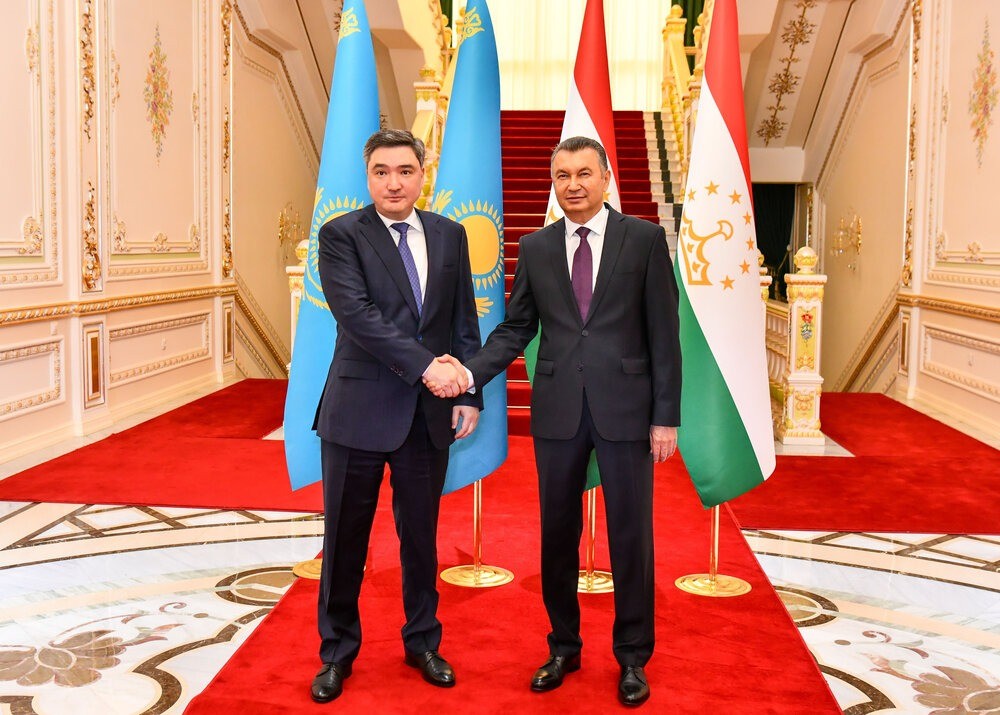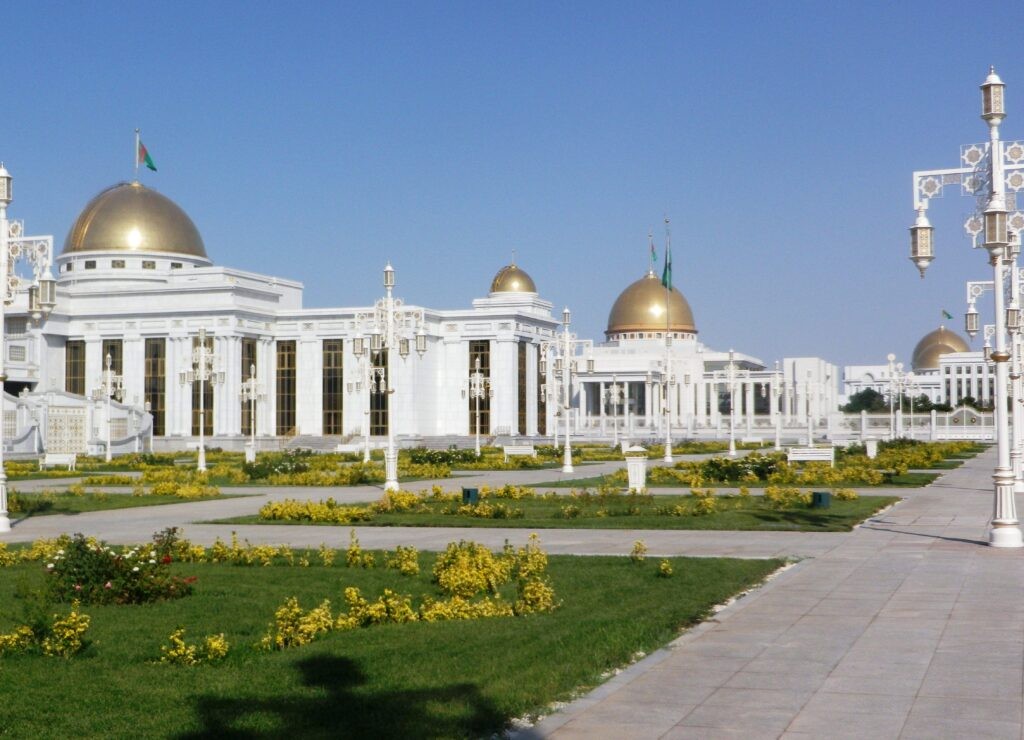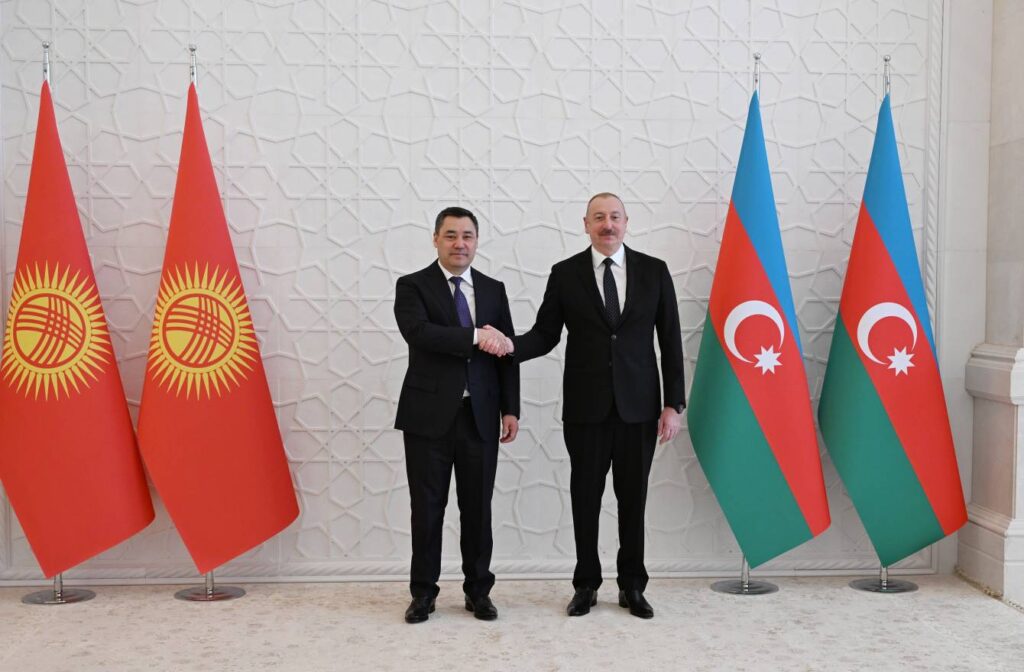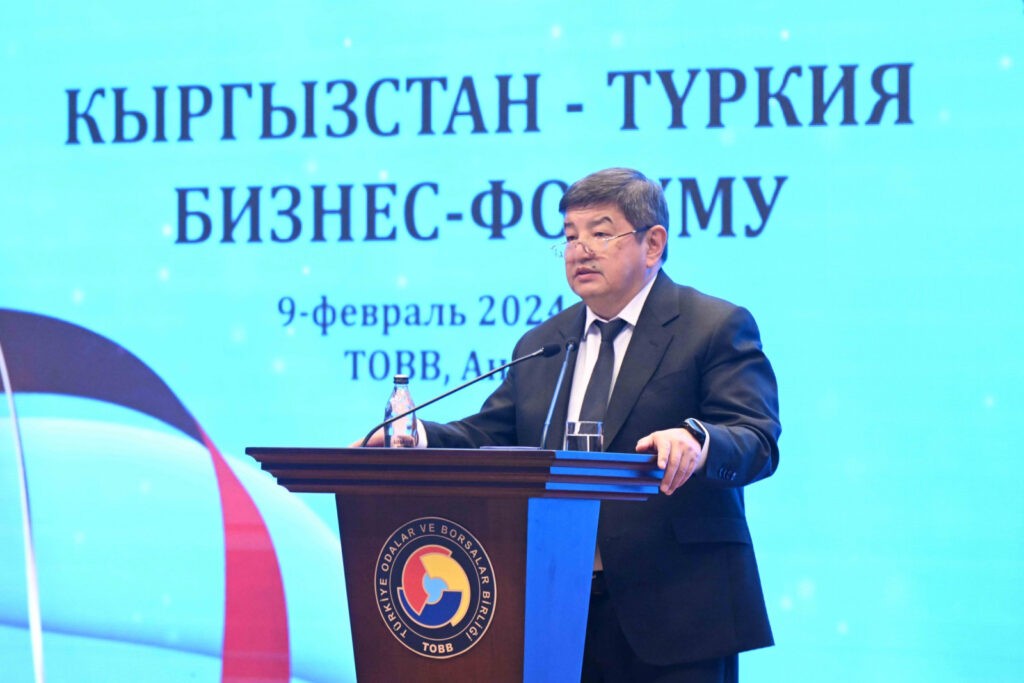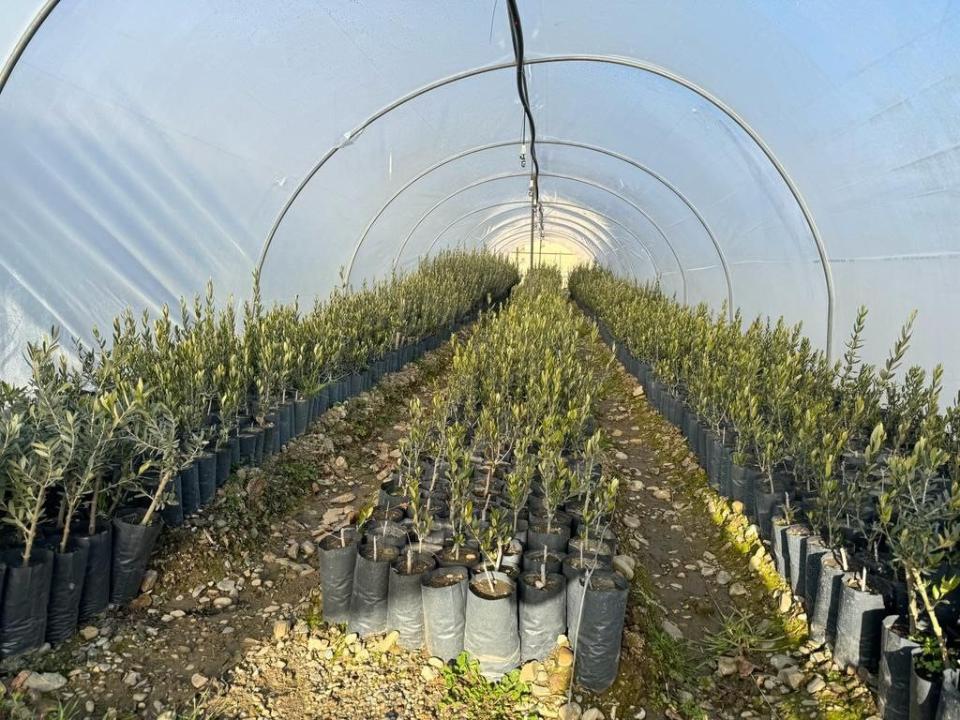By Robert M. Cutler A series of ongoing political consultations between Turkmenistan and Türkiye continued on 25–26 April, as a Turkmen delegation led by Deputy Minister of Foreign Affairs Ahmet Gurbanov visited Ankara, hosted by Turkish counterpart Burak Akçapar. Beyond the regular bilateral agenda of political-diplomatic, trade-economic and cultural-humanitarian cooperation, the two sides emphasized the implementation of bilateral agreements reached at the third Antalya Diplomatic Forum in early March, particularly the prospects for cooperation in the energy sector. On 1 March 2024, Turkmenistan and Türkiye signed two documents — a memorandum of understanding (MoU) and a letter of intent — aimed at strengthening cooperation in the natural gas sector. In theory, this seems to be a positive development for the two countries as well as for Europe. The two possible routes for Turkmen gas to reach Türkiye and Europe are (1) via the Caspian Sea and Azerbaijan, and (2) through Iran's existing pipeline infrastructure via a gas swap agreement. Neither one is likely to happen soon. The project to export Turkmen gas to Europe through a shore-to-shore high volume pipeline, at 31 billion cubic meters per year (bcm/y) is no longer alive after various parties have failed to realize it over the past quarter-century. It was bruited when it was announced that Turkmen President Serdar Berdimuhamedov planned to visit Brussels in late 2023 (which ended up not happening) and definitively killed when the initiative by American company Trans-Caspian Resources (headed by a retired U.S. ambassador to Turkmenistan) failed to persuade Ashgabat to construct short low-volume (8–11 bcm/y) "Platform Option" pipeline in the Caspian Sea. Gas "swaps" and Türkiye’s ambitions The idea of a "Turkish gas hub" arose from Russia's search to depoliticize trade between Gazprom and European firms by facilitating a platform where Gazprom's origination of the gas would be obscured and anonymized. Buyers and sellers could meet through Turkish intermediation. Türkiye, however, seeks to draw advantage by imposing the condition of long-term contracts with Gazprom for gas sales at below-market prices. This would guarantee a role for the Turkish intermediaries and, moreover, ensure for them a profit margin through mandatory service fees. "Swap" operations mean an exchange of gas amongst Turkmenistan, Iran and Azerbaijan; however, this would involve only a few billion cubic meters. Even if all participants agree, several questions still remain: Will swap transactions be profitable, given the price of gas in Europe? Even if Iran agreed to a Turkmen gas swap, would Tehran execute the agreement in good faith? In fact, Tehran would prefer to offer its own gas to Turkish and European markets, rather than transit competitive Turkmen gas through his territory. In addition, the gas that Azerbaijan produces for export already has contracted buyers under long-term agreements. Azerbaijan would be interested in the Turkish gas hub only if it should in future produce surpluses of gas that cannot be sold under long-term contracts. Then, such surpluses could be sold at a gas hub under short-term contracts, assuming that transit and profitability are...


